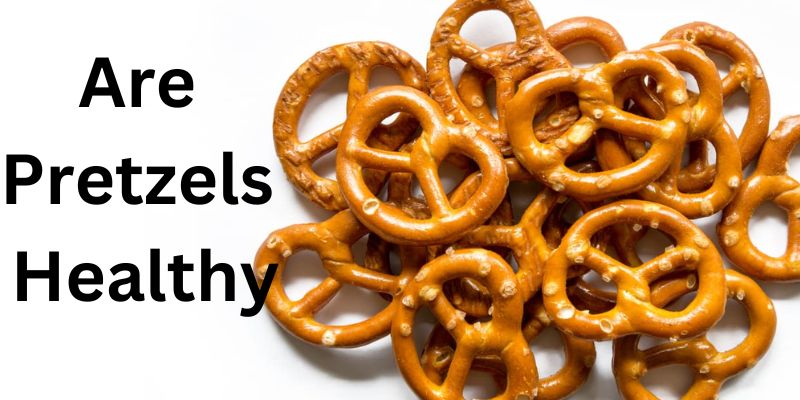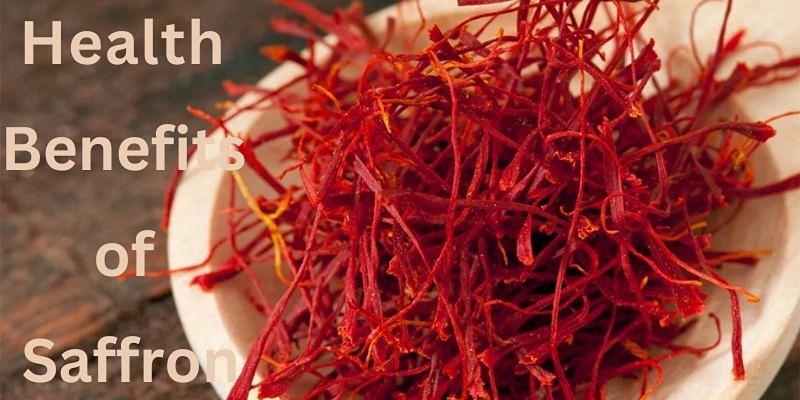Pretzel lovers, listen up! Are pretzels good for you? The answer might surprise you. Contrary to popular belief, this salty snack can be a great source of nutrients and offer various potential health benefits when consumed in moderation.
In this blog post, we will dive into the history of pretzels, learn about their nutritional components and finally discover how pretzels can impact our overall health and wellness.
So grab your favorite pretzel flavor- salty original or sweet cinnamon sugar - and join us as we explore the wholesome world of these twisted treats.
Introducing Pretzels
Many cultures worldwide enjoy pretzels as a delicious snack, which has been this way for centuries. Pretzels are believed to have originated in Europe during the 7th century AD, and since then, they’ve become popular throughout much of the world.
Pretzels come in various shapes and sizes and are typically made from wheat flour, yeast, and water. Traditionally, pretzels were sprinkled with salt or other seasonings before baking. Today, pretzels can be found in traditional and modern flavors, including savory cheese, sweet cinnamon sugar, garlic parmesan, honey mustard, soft-baked chocolate chip, and so much more.
Nutritional Benefits of Eating Pretzel
 Pretzels are low-fat snacks that can provide some essential nutrients. A single serving size of pretzels (about 1 ounce) provides roughly 110 calories and contains no cholesterol or saturated fat. Pretzels also contain small amounts of fiber, potassium, magnesium, phosphorus, zinc, and other minerals. In addition, micronutrients such as thiamin, riboflavin, and niacin are also found in pretzels.
Pretzels are low-fat snacks that can provide some essential nutrients. A single serving size of pretzels (about 1 ounce) provides roughly 110 calories and contains no cholesterol or saturated fat. Pretzels also contain small amounts of fiber, potassium, magnesium, phosphorus, zinc, and other minerals. In addition, micronutrients such as thiamin, riboflavin, and niacin are also found in pretzels.
Since they are made from enriched wheat flour, pretzels provide some vitamins and minerals not naturally present in other snacks. For example, most brands of pretzels contain iron, a mineral important for maintaining healthy red blood cells and transporting oxygen throughout the body.
Pretzels can also be a good source of complex carbohydrates, which provide energy to the body and help keep blood sugar levels stable. The carbohydrates in pretzels are slowly digested, helping stave off hunger for longer periods than other snacks.
Health Dangers of Eating Too Many Pretzels
Although pretzels are generally considered a healthier snack than many other processed foods, they still have the potential to cause health problems if consumed in excess. For one, they are high in sodium and can contribute to hypertension and other cardiovascular issues.
Their highly processed ingredients can also contain trans fats, increasing your risk of heart disease and stroke. Finally, many pretzels are made with refined white flour, which can lead to blood sugar spikes and contribute to obesity.
Therefore, it's important to enjoy pretzels in moderation and opt for healthier versions that use whole wheat flour, less sodium, and no trans fats. Additionally, choosing air-popped or baked varieties can help reduce the calorie count of your snack. With careful moderation, pretzels can be a tasty and healthy addition to any diet.
Different Types of Pretzels and Their Nutritional Values

Pretzels come in many shapes and sizes, and the type of pretzels you choose affects their nutritional value. Traditional hard pretzels are made with flour, salt, water, and oil or butter. The ingredients for soft pretzels vary slightly but typically include yeast, sugar, malt syrup, butter or margarine, and baking soda.
Hard pretzels are low in fat and calories, with just 1 gram and 105 calories per serving (about 5 pretzels). They have 1 gram of protein and 2 grams of fiber, making them a good source of carbohydrates for energy. On the other hand, soft pretzels are higher in fat and calories because of the added fat, often in the form of butter or margarine.
Tips for Eating Healthy Pretzels
Pretzels are a classic snack food but can be surprisingly unhealthy. Many varieties of pretzels are loaded with refined carbohydrates, sodium, and preservatives. However, there are also several ways to make your pretzel consumption healthier. Here are some tips on how to eat healthy pretzels:
- Choose whole grain varieties: Whole grain pretzels are healthier than refined white flour. Look for pretzels that contain ingredients such as oat bran, whole wheat flour, or other whole grains.
- Reduce sodium intake: Many pretzels are loaded with high sodium levels. Choose pretzels that have less than 140 milligrams per serving to reduce sodium intake.
- Avoid added preservatives: Many brands of pretzels contain preservatives like BHT and TBHQ. These additives can be dangerous for your health if consumed in large quantities, so try to look for pretzels without added preservatives whenever possible.
- Look for organic varieties: Organic pretzels are made without synthetic pesticides, fertilizers, or other chemicals. They are also free of genetically modified organisms (GMOs).
Eating healthy does not mean avoiding snacks altogether - with these tips, you can enjoy a healthier version of your favorite pretzels. And remember, moderation is key when it comes to any snack food.
By following these tips, you can ensure your snacking habit is healthier and more nutritious. With a few simple changes, you can enjoy the classic flavor of pretzels without sacrificing your health.
FAQs
Are pretzels healthy or chips?
Pretzels can be a healthier snack choice than chips because they are lower in fat and calories. However, it depends on the type of pretzel you choose. For example, some varieties have added sugar or salt that can make them less healthy than other snacks.
Is it OK to eat pretzels every day?
Limiting your daily intake of pretzels is generally recommended, as they can be high in sodium and other unhealthy ingredients. If you choose a healthier variety like whole wheat or multi-grain pretzels, it's OK to have them in moderation as a snack.
Are pretzels healthier than popcorn?
Popcorn can be a healthier snack choice than pretzels, depending on how it is prepared. Air-popped popcorn has fewer calories and fat than pretzels, but oil-popped or buttery varieties are higher in fat and calories.
Conclusion
In conclusion, pretzels can be an enjoyable snack for all ages. The combination of its salty flavor and crunchy texture makes it a crowd-pleaser. However, its nutritional benefits sometimes outweigh the risks of consuming too much. While pretzels contain important vitamins, minerals, and dietary fiber, they are also filled with sodium, calories, and carbohydrates.
This makes it important to monitor one's intake when indulging in this tasty treat. If people are looking for healthier alternatives to pretzels as snacks, plenty of options are available with similar flavors and more natural ingredients.




